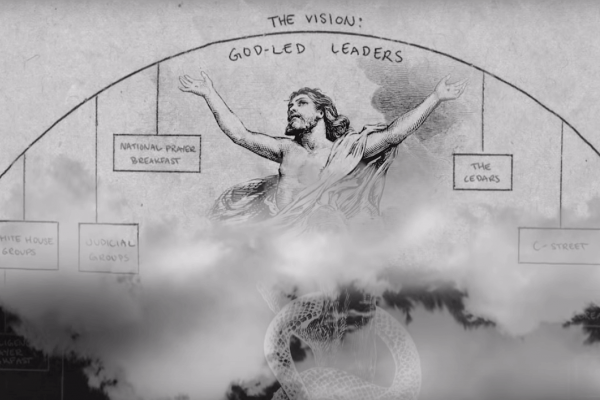Oct 11, 2019
The message we’re sending to people in power is possibly not the Gospel message.
Read the Full Article

Already a subscriber? Login

The message we’re sending to people in power is possibly not the Gospel message.
